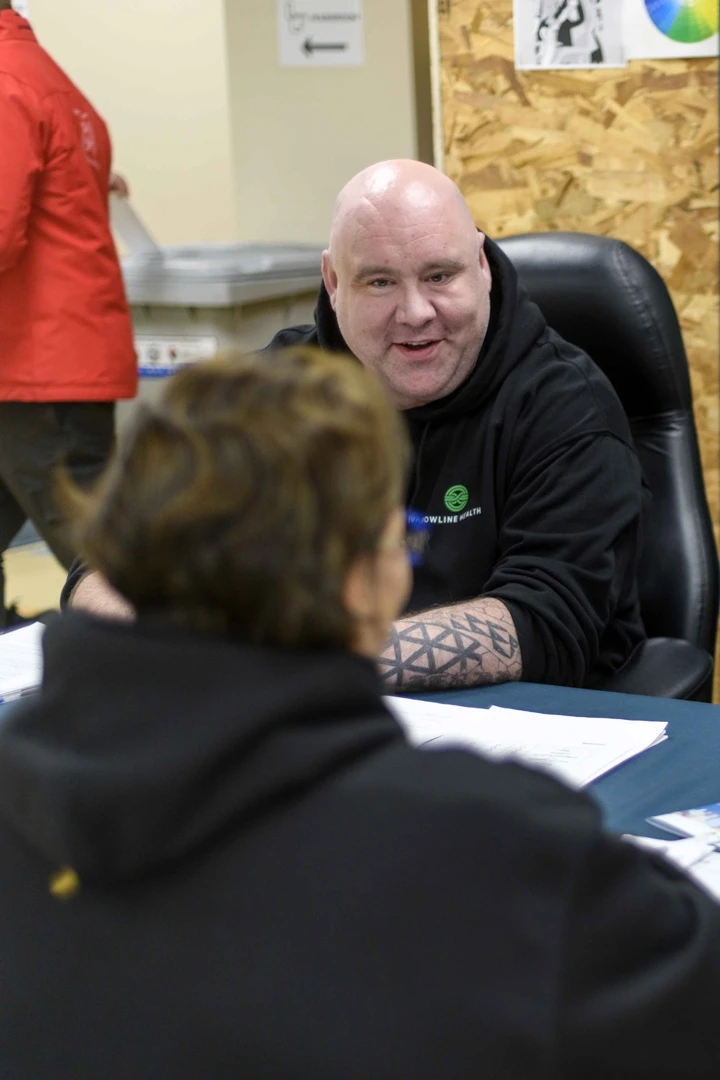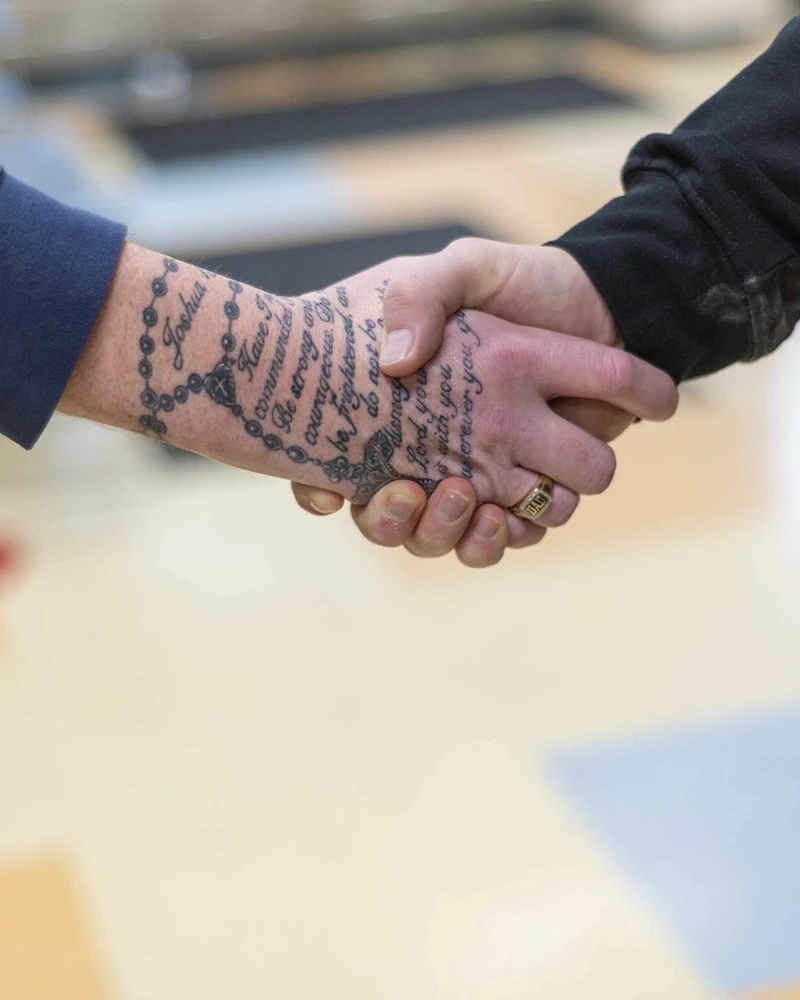
The Role of a Recovery Coach
Recovery coach professionals are trained to provide individualized support to people struggling with addiction.
Recovery coaches provide practical support and guidance. They work with participants to develop and implement effective recovery wellness plans, offering motivation, accountability, and resource navigation to help participants achieve their recovery goals.
Unlike therapists or counsellors, recovery coaches do not diagnose and treat mental health conditions.
